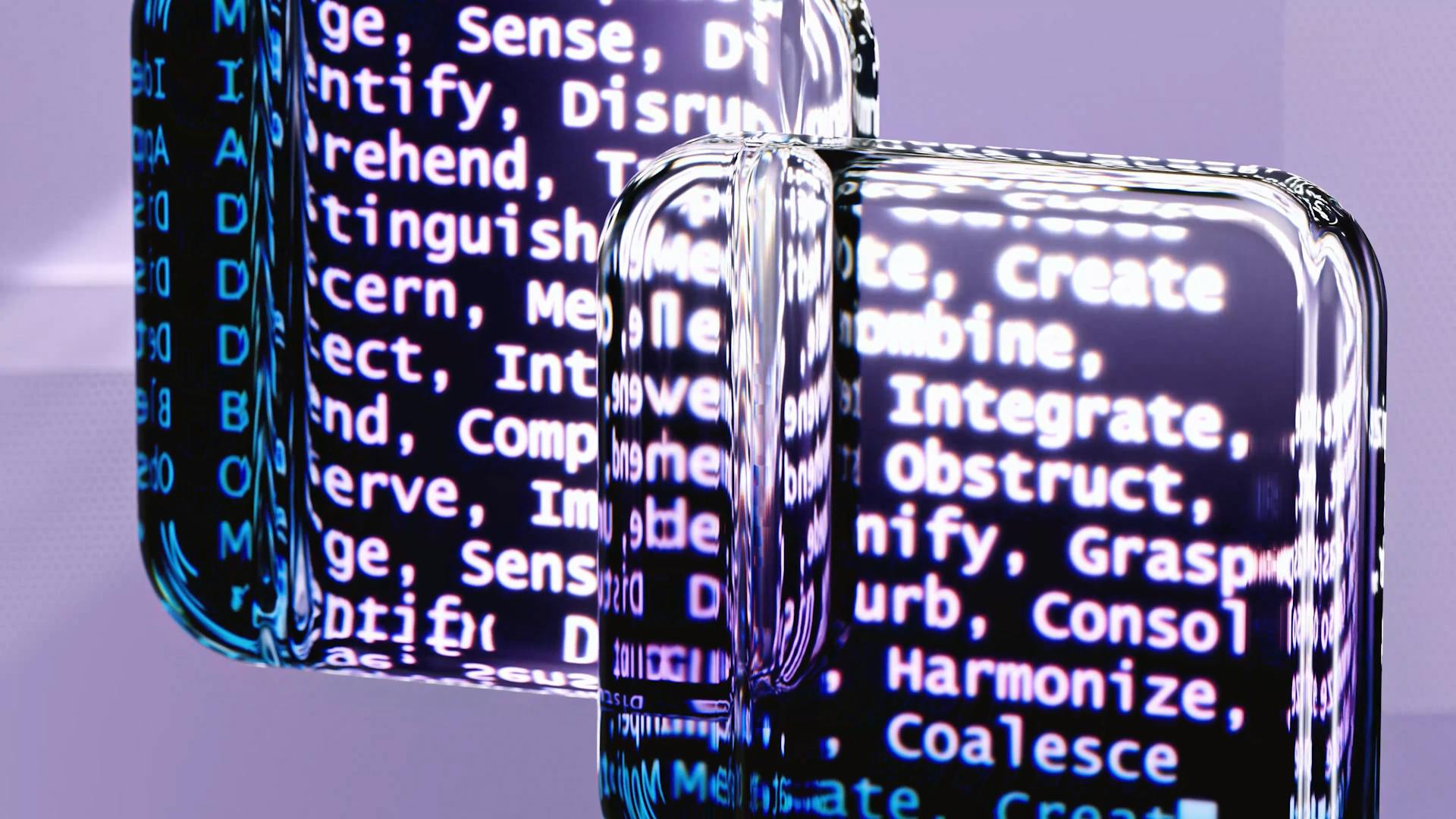In the ever-evolving landscape of digital marketing, businesses are in a constant race to stay ahead of the curve. From the early days of simple banner ads to today’s sophisticated multi-channel campaigns, digital marketing has undergone a seismic shift. What was once a realm of basic strategies and manual processes has transformed into a high-tech arena where innovation drives success.
Enter Artificial Intelligence (AI) and automation—the game-changers of modern marketing. These technologies are not just buzzwords; they represent a profound evolution in how brands engage with their audiences. AI, with its ability to analyse data and predict trends, and automation, with its power to streamline tasks and optimize workflows, are reshaping the marketing landscape.
Integrating AI and automation into your marketing strategy is no longer optional; it’s essential. By harnessing these tools, businesses can achieve unparalleled personalization, efficiency, and data-driven insights, setting the stage for a new era of marketing excellence. Embracing AI and automation offers a competitive edge in a crowded marketplace, ensuring that your brand not only meets but anticipates the needs of the modern consumer.
Understanding AI and Automation
A. Definition of AI in Digital Marketing
Artificial Intelligence (AI) is transforming digital marketing through advanced technologies like machine learning, natural language processing, and predictive analytics. Machine learning enables algorithms to learn from data and improve over time without explicit programming. This capability allows marketers to develop models that can predict customer behaviour and optimize campaign performance. Natural language processing (NLP) facilitates the analysis of customer interactions, enabling brands to understand sentiment and intent behind customer inquiries or feedback. Predictive analytics, another crucial aspect of AI, uses historical data to forecast future trends and customer behaviours, allowing marketers to proactively address customer needs and tailor their strategies.
B. Definition of Automation in Digital Marketing
Automation in digital marketing refers to the use of technology to perform repetitive tasks without human intervention. Automated workflows streamline complex processes, such as managing multiple marketing campaigns or tracking customer interactions across various channels. Customer Relationship Management (CRM) systems further enhance automation by centralizing customer data and automating tasks like follow-up emails or lead scoring. Email marketing automation takes this a step further by personalizing email content based on user behaviour and engagement, sending timely and relevant messages without manual effort.
Benefits of AI and Automation in Digital Marketing
A. Enhanced Personalization
AI-driven personalization is revolutionizing how brands engage with their audiences. AI algorithms analyse user behaviour, preferences, and past interactions to deliver highly tailored content recommendations. This level of personalization not only improves user experience but also drives higher engagement rates. Dynamic content adjustments allow marketers to modify content in Realtime based on user actions or contextual factors, ensuring that each user receives the most relevant information at the right moment.
B. Improved Efficiency
One of the most significant advantages of automation is improved efficiency. Automated campaign management tools handle tasks like scheduling, optimization, and performance tracking, freeing up valuable time for marketers to focus on strategy and creative work. Timesaving through task automation reduces the manual effort required for routine tasks, allowing marketing teams to operate more effectively and respond to changes quickly.
C. Data-Driven Insights
AI and automation provide valuable data-driven insights that are crucial for making informed marketing decisions. Predictive analytics helps forecast customer behaviour, enabling marketers to anticipate needs and adjust strategies accordingly. Real-time analytics and reporting offer immediate feedback on campaign performance, allowing for swift adjustments and data-backed decision-making.
C. Increased ROI
Integrating AI and automation into digital marketing can lead to a substantial increase in return on investment (ROI). By optimizing ad spend through precise targeting and reducing costs associated with manual processes, businesses can achieve more efficient and cost-effective marketing strategies. Automated tools ensure that resources are allocated effectively, maximizing the impact of each dollar spent.
Key Applications of AI and Automation in Digital Marketing
A. AI-Powered Content Creation
AI-powered content creation tools, such as chatbots and virtual assistants, are streamlining customer interactions and providing instant support. Automated content generation, driven by AI, enables the production of high-quality content at scale, from blog posts to social media updates, ensuring consistency and relevance.
B. Personalization Engines
Personalization engines use AI to deliver customized experiences based on user data. Recommendation systems analyze user behavior to suggest products or content tailored to individual preferences. Dynamic content delivery adjusts the content shown to users based on their interactions, ensuring a highly personalized experience.
C. Social Media Management
Automation tools in social media management handle tasks like scheduling posts, tracking engagement, and analyzing performance. Sentiment analysis and trend detection leverage AI to monitor social media conversations, providing insights into customer sentiment and emerging trends.
D. Email Marketing Automation
Email marketing automation enhances campaign effectiveness by segmenting audiences and targeting them with personalized messages. Trigger-based email campaigns respond to specific user actions or events, ensuring timely and relevant communication that drives engagement and conversions.
Challenges and Considerations
A. Data Privacy and Security
As AI and automation handle vast amounts of data, ensuring data privacy and security is paramount. Compliance with regulations like GDPR is essential to protect customer information and maintain trust. Implementing robust data protection measures helps safeguard against breaches and misuse.
B. Integration with Existing Systems
Integrating AI and automation tools with existing systems can present challenges. Compatibility with current tools and processes must be carefully managed to avoid disruptions. Addressing integration issues and ensuring seamless operation across platforms is crucial for maximizing the benefits of these technologies.
C. Balancing Automation with Human Touch
While automation offers significant benefits, maintaining a human touch in interactions is vital. Over-reliance on automated responses can lead to a lack of personal connection with customers. Striking the right balance between automated and human interactions ensures authenticity and fosters meaningful relationships.
Future Trends in AI and Automation for Digital Marketing
A. Advancements in AI Technology
The future of AI in digital marketing holds exciting possibilities. Advances in AI-driven creative strategies are set to enhance content generation and campaign design. Enhanced predictive analytics will provide even deeper insights into customer behaviour, driving more precise targeting and personalization.
B. Evolution of Automation Tools
Automation tools are evolving to become more sophisticated, offering advanced features and capabilities. Integration with emerging technologies, such as the Internet of Things (IoT), will expand the scope of automation, enabling more seamless and interconnected marketing strategies.
C. The Role of Human Oversight
Despite the growing capabilities of AI and automation, human oversight remains crucial. Expertise and creativity from human marketers will continue to play a vital role in guiding AI tools and interpreting data. Collaboration between AI and human marketers will ensure that strategies are both innovative and grounded in real-world insights.
Conclusion
The integration of AI and automation in digital marketing is transforming the industry, offering unparalleled benefits in personalization, efficiency, and data-driven decision-making. Staying updated with technological advancements and embracing these innovations can provide a significant competitive edge. By strategically incorporating AI and automation, businesses can navigate the complexities of modern marketing with greater agility and effectiveness.



